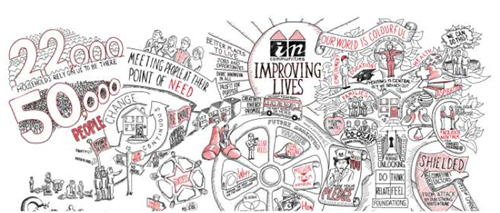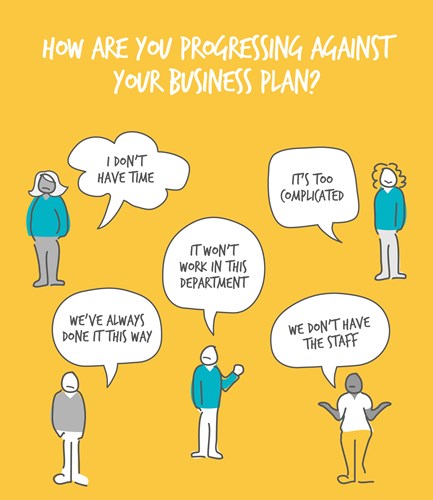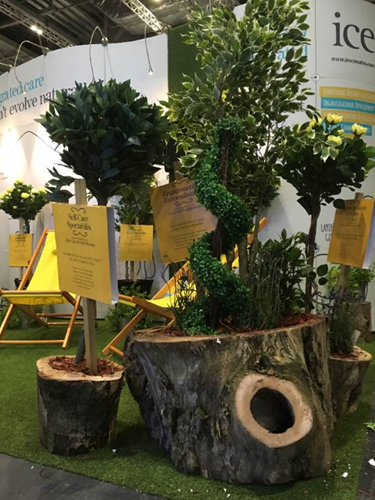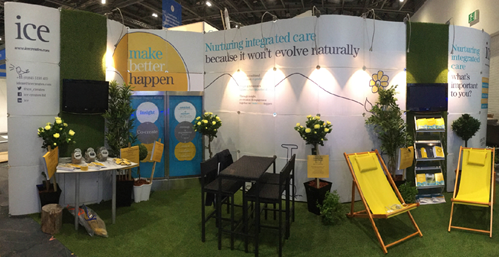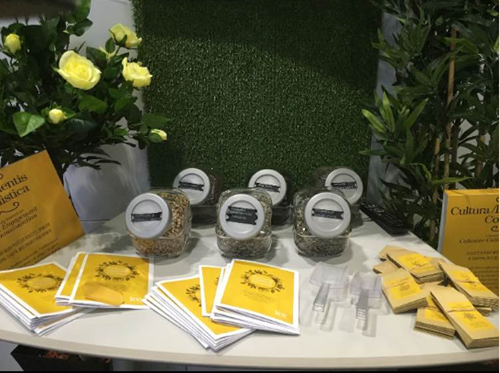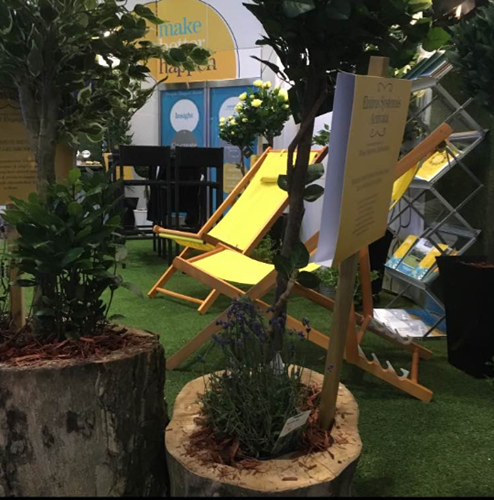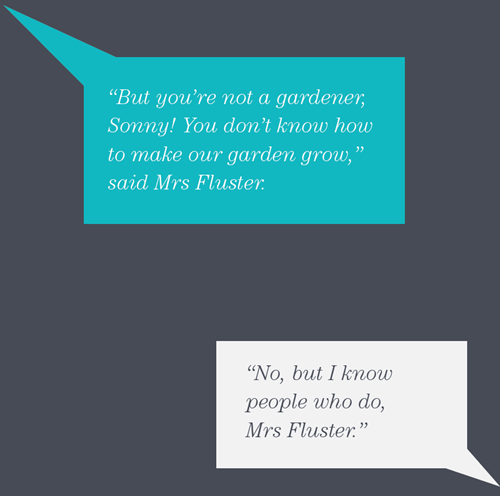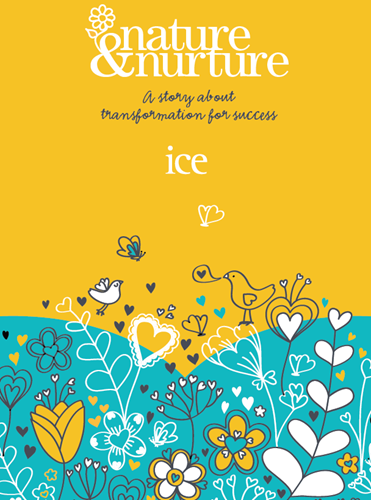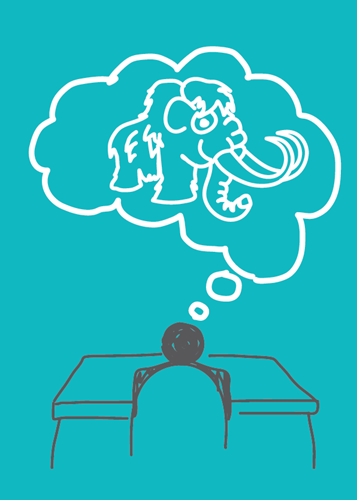At ICE, we believe that individuals, communities and organisations can achieve great things that will go on to not only change their lives, but also the lives of others around them. When we ask our partners ‘what’s important to you?’ and ‘what matters to your leaders?’, we are not looking for a rehearsed elevator pitch. In fact, the vulnerability to admit that there are unknowns, uncertainties and unease within an organisation can lead to the most successful and sustainable organisational transformations.
When it comes to leadership development programmes, we think it’s a bit like picking a restaurant. You may be looking for a Michelin star tasting menu, or you could be after an all-you-can-eat buffet that will fuel your teams for days. Whatever direction your taste-buds take you in, you’re placing a lot of trust in that restaurant. From cleanliness standards to cooking techniques, you’re likely to be limited in how tailored your dining experience will be.
By their nature, leadership development programmes can be very hit and miss. Get it right, and your organisation will become future-proofed to thrive, not just survive. However, if you expose your teams to a ‘rotten egg’ leadership development programme, you can expect bouts of nausea, and your organisation can become infected with the kind of limiting factors that you’d hoped to expel altogether.
So, why not visit an experience that encourages off-menu orders? When it comes to developing your leaders, we are always led by your unique requirements. Using our expertise across the fields of behavioural insights and research, culture, engagement and design for transformation, we are well-versed in preparing your leaders for any and every challenge they may face. We’ve also unlocked the potential of our working sheepdogs and Herdwick sheep, and trust us, they’re a high performing team. Using their raw, unfiltered feedback, you will discover things about how you work and why you work, including how you communicate (verbal and non-verbal), your style of leadership when under pressure vs. feeling confident and how to be ‘at your best’. All of this can be applied to any and every situation you will face.
By using our cultural diagnostic tools with your teams, we are able to deep dive into understanding your organisation’s drivers, energy levels, competency alignment and any potential barriers that may be blocking you being ‘at your best’.
Recently, 13 STP place-based care system leaders partnered with ICE to explore their strengths, purpose and behaviours. Here’s a little of what happened:
Technically, modern leadership development can be taught in a classroom, sure – but do you really want the developing leaders within your organisation to be spoon-fed lengthy PowerPoint presentations that leave little to no time for individual reflection, development and growth? We know we didn’t, and so we created Natural Leaders! Modern leadership is a lived experience, and we have created spaces away from stuffy meeting rooms for you to acquire the tools and behavioural techniques that will be essential in achieving your outcomes.
Partners have fed back that their partnership with ICE achieved:
- Increased levels of trust amongst team members, which they attribute to their teams’ willingness to embrace our cry for vulnerability within the group
- Commitment to a clear plan of action, with both personal and group accountability being cemented in a series of ‘I will’ and ‘We will’ statements
- The skills to deal with conflict and a shift in mindset, with challenge now being seen as a positive
- All team buy-in – making the implicit, explicit
- A greater sense of what’s important to each other, as well as their teams as a whole
- Accountability and step change in delivering what was promised.
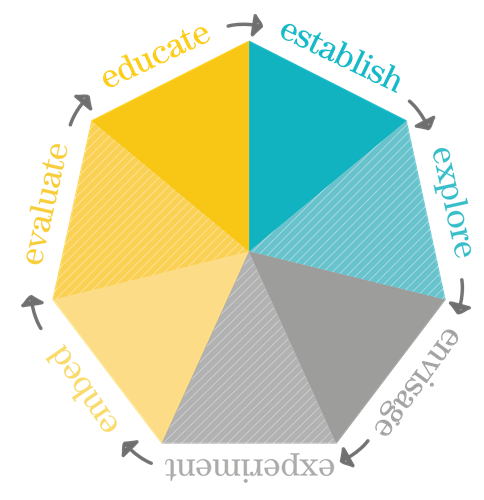
As experts in the field of behavioural insights and design, we will work closely with you to ensure that your transformation is a sustained change that will become embedded as your new ‘business as usual’.
To find out how our immersive vivid action learning programmes can benefit your organisation, please get in touch via stuart@icecreates.com
 collective voice
collective voice